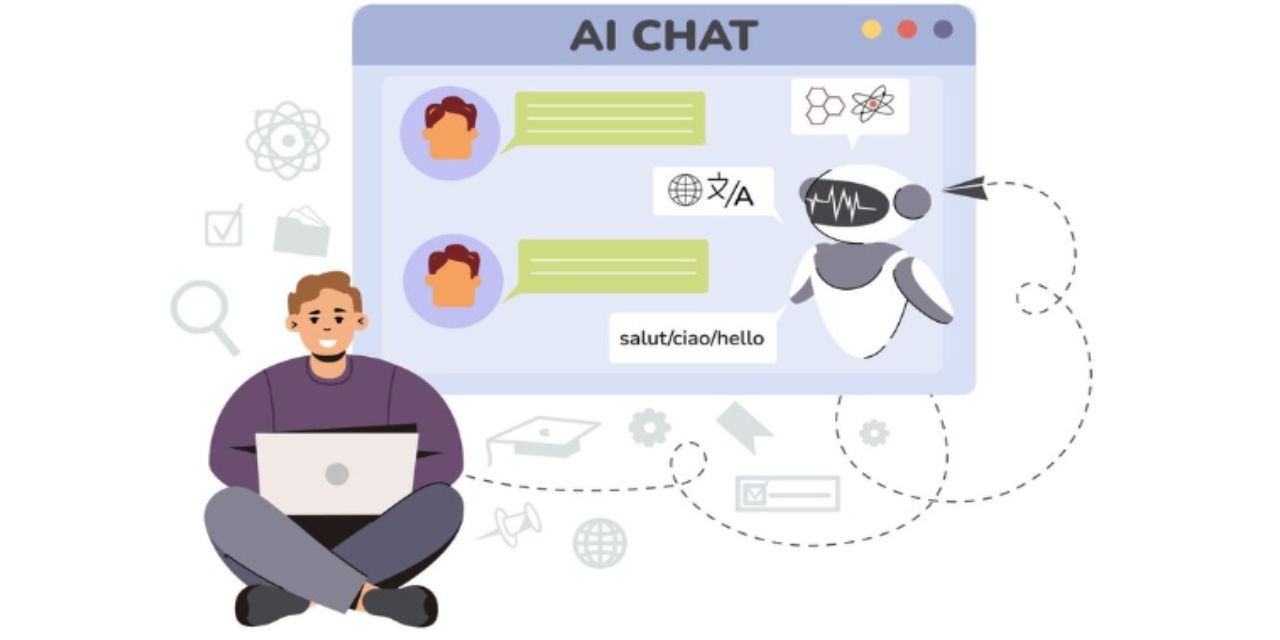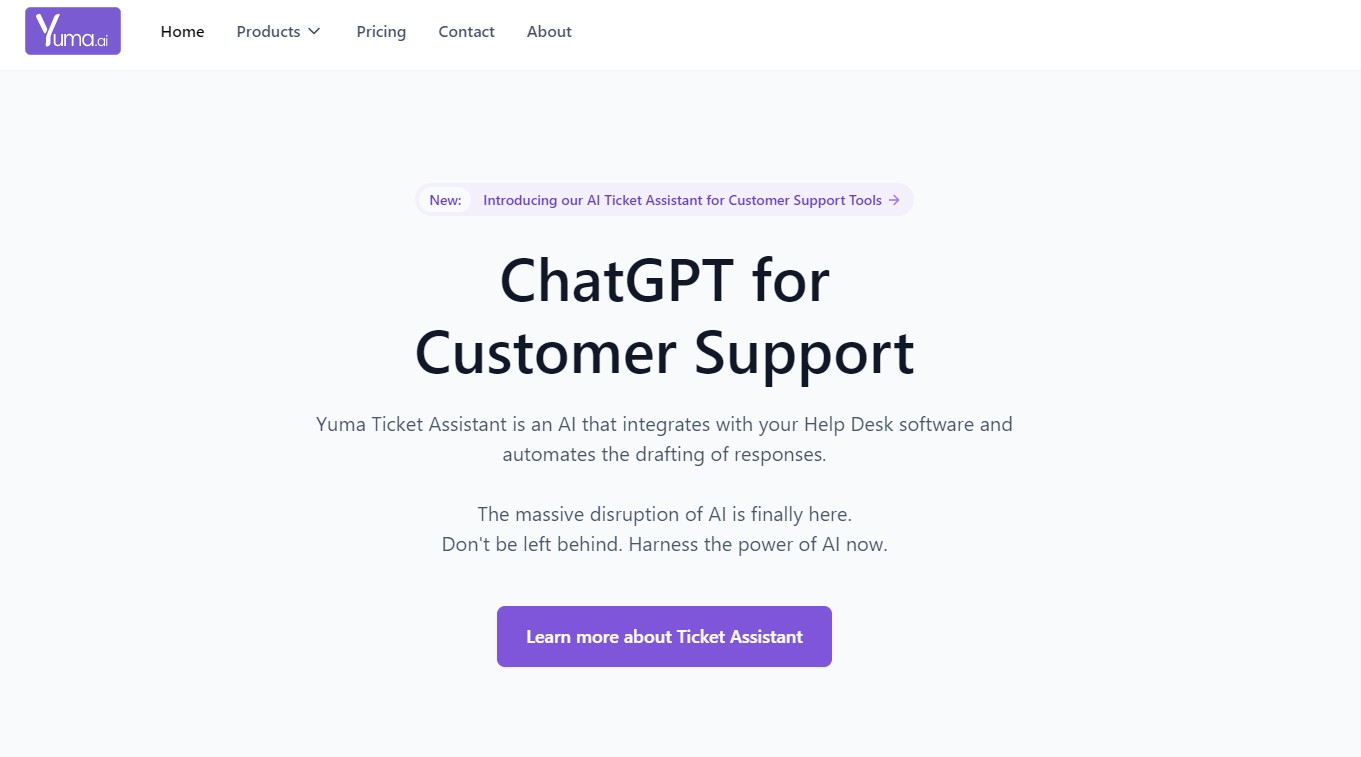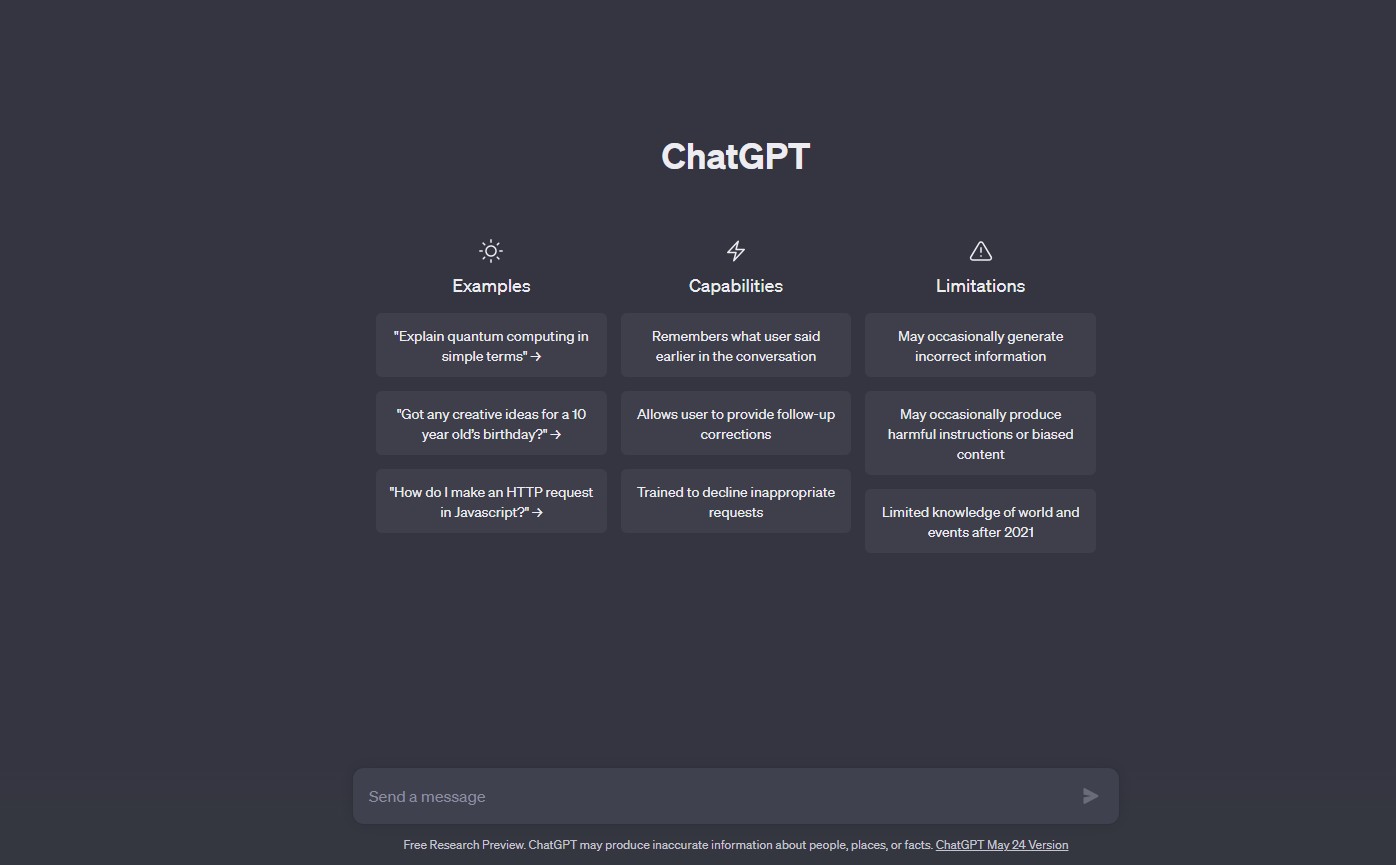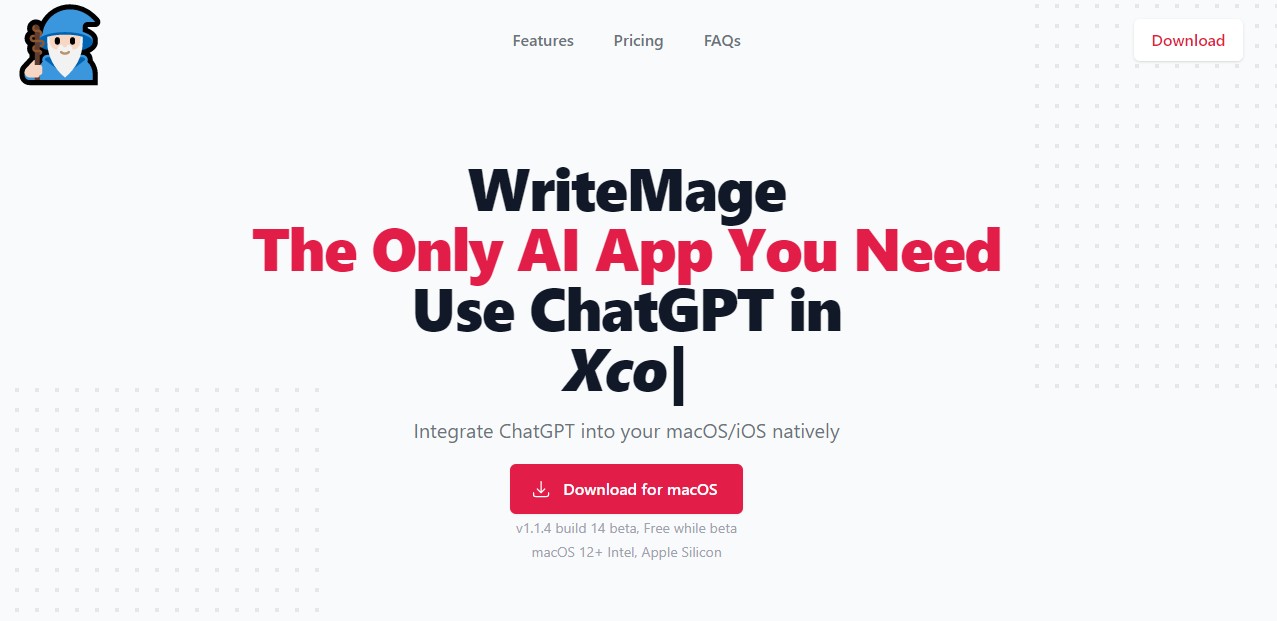ChatGPT in Education: Policies, Pitfalls, and Possibilities
Over the past few years, ChatGPT has rewritten expectations for AI tools in education. With nearly 800 million weekly active users worldwide and widespread adoption among students, educators, and even major enterprises, this technology has rapidly moved from novelty to necessity. The overwhelming success of ChatGPT is driven by its versatility: it acts as a digital tutor, research assistant, and creative writing coach across subjects ranging from humanities to medical sciences.
The implementation of ChatGPT is marked by a dramatic increase in positive engagement with AI in academic settings. Analysts note significant improvements in academic performance, creativity, and motivation when students use ChatGPT as a learning supplement in traditional classroom contexts. Its direct application as a learning tool proves most effective for university settings and for intervention periods lasting at least one to four weeks, suggesting that sustained, guided use drives meaningful impact.
Challenges and pitfalls for educators and students
Educational institutions are wrestling with concerns around academic integrity. Students can easily generate essays or solve complex problems with AI, making it more difficult to assess genuine understanding and independent work. Over-reliance poses additional risks: some studies highlight that excessive use of ChatGPT can limit critical thinking, reduce teacher-student and peer interactions, and occasionally provide misleading or biased information.
Teachers must also contend with issues of plagiarism and technology dependence. Without clear policies, students may submit AI-generated content without proper disclosure, causing ethical dilemmas.
Many educators and policymakers advocate for systematic digital literacy programs to empower learners to critically evaluate AI outputs and flag potential misinformation. The importance of establishing explicit guidelines for AI use in assignments and assessments cannot be overstated.
Policies and responsible adoption strategies
Institutions worldwide are responding with decisive policies designed to harness the possibilities of ChatGPT while protecting academic standards. These policies range from requiring transparent citation of AI-generated work to limiting the use of ChatGPT for high-stakes assessments and examinations. Privacy and data protection are increasingly foregrounded, as large-scale use of generative AI prompts schools and universities to review how student data is managed.
Teacher training and curriculum development are essential in this new landscape. By equipping educators with knowledge and practical strategies for integrating ChatGPT, institutions increase the likelihood of responsible, effective usage. The commitment to equity ensures access to AI-powered resources for all students, while regular communication among all academic stakeholders supports a safe and productive learning environment.
AI Catalog's chief editor











